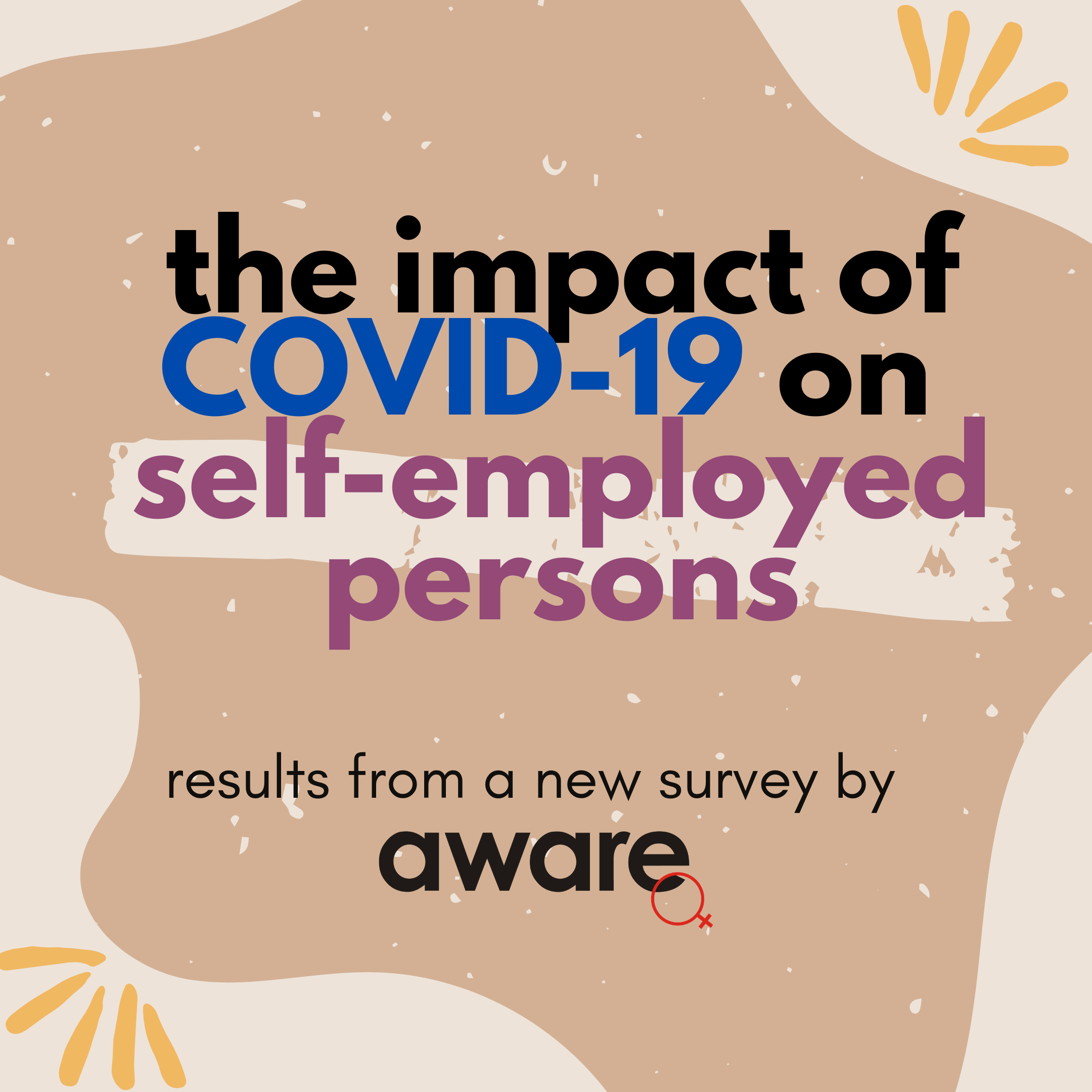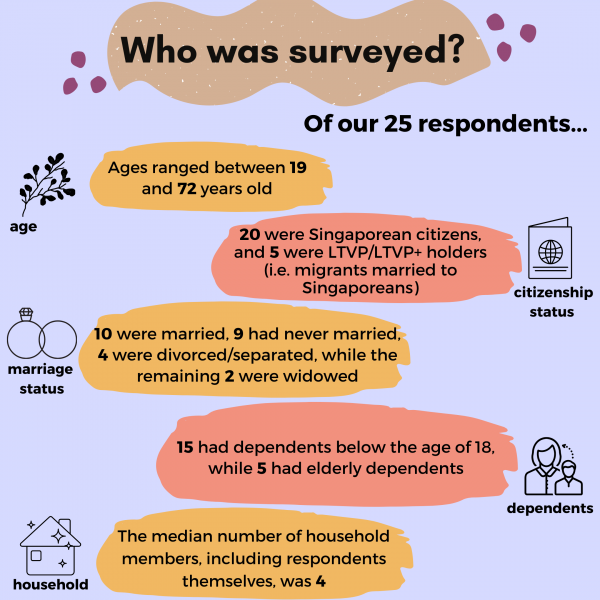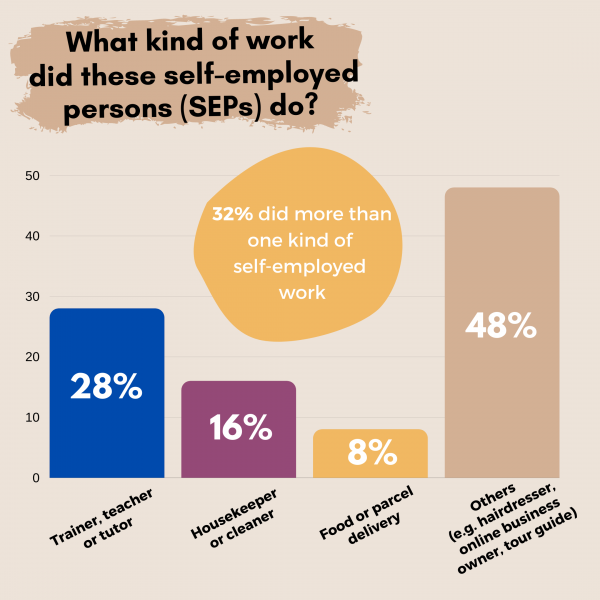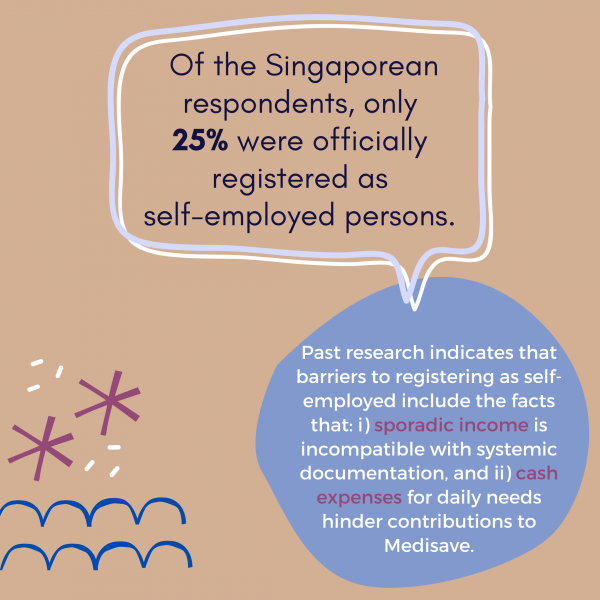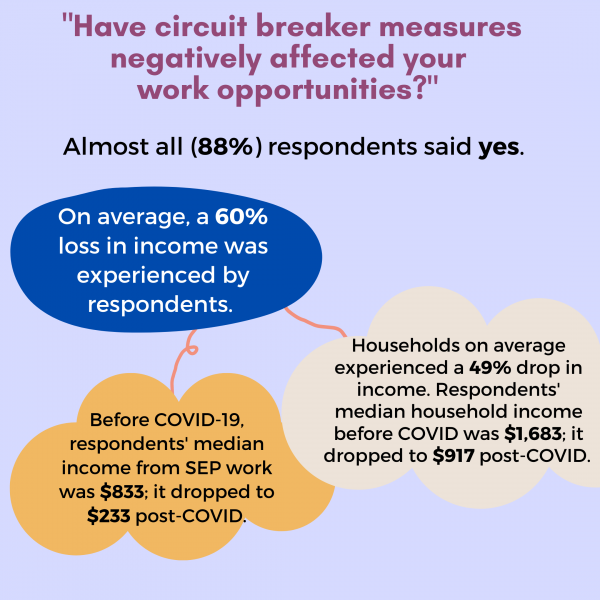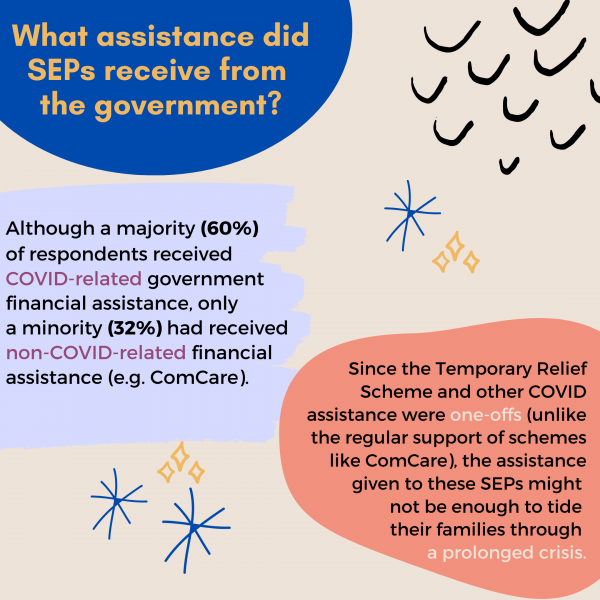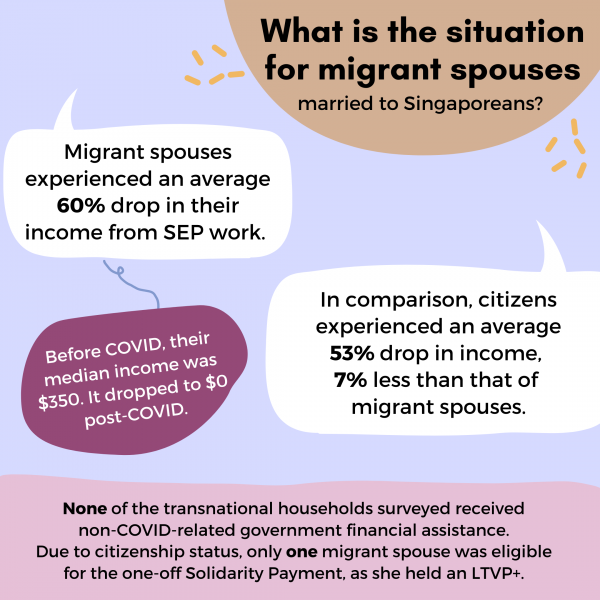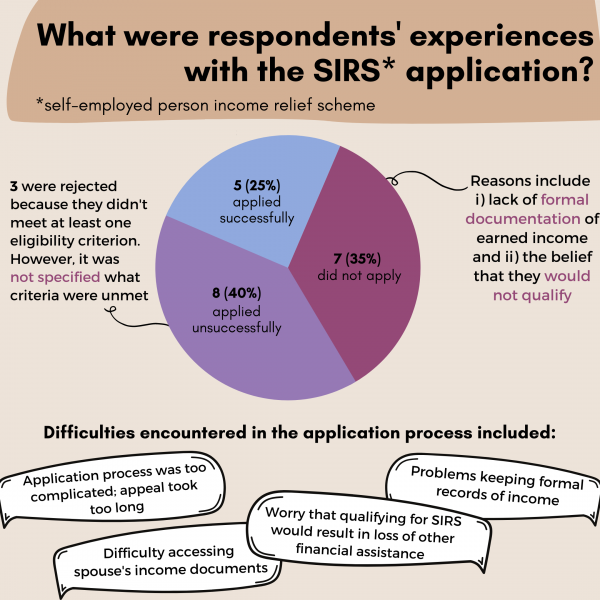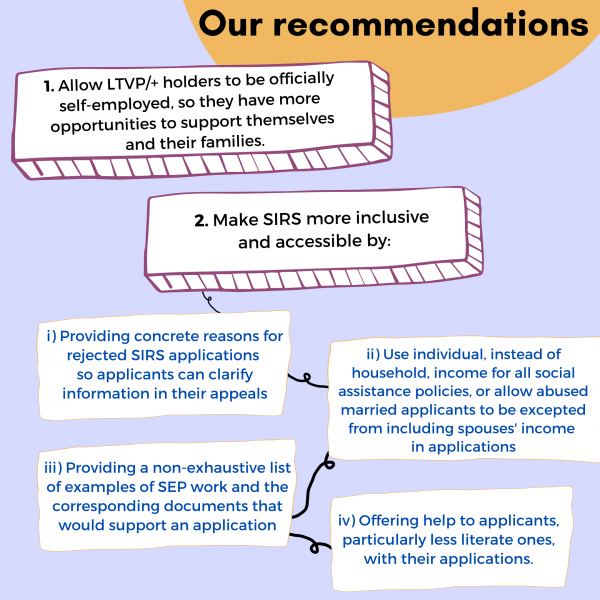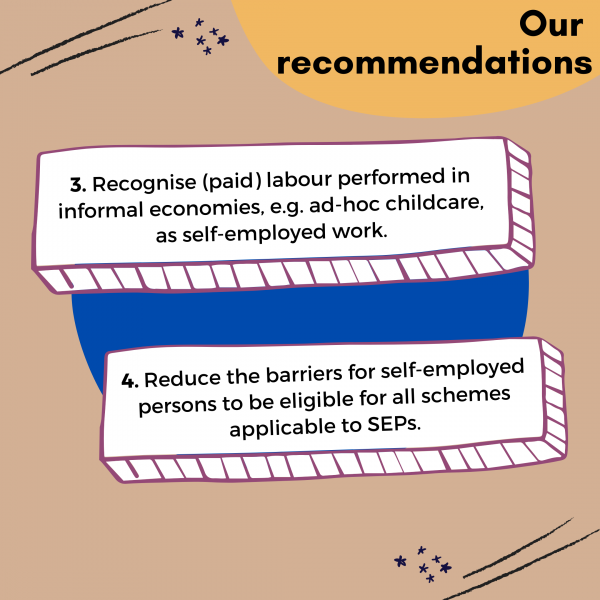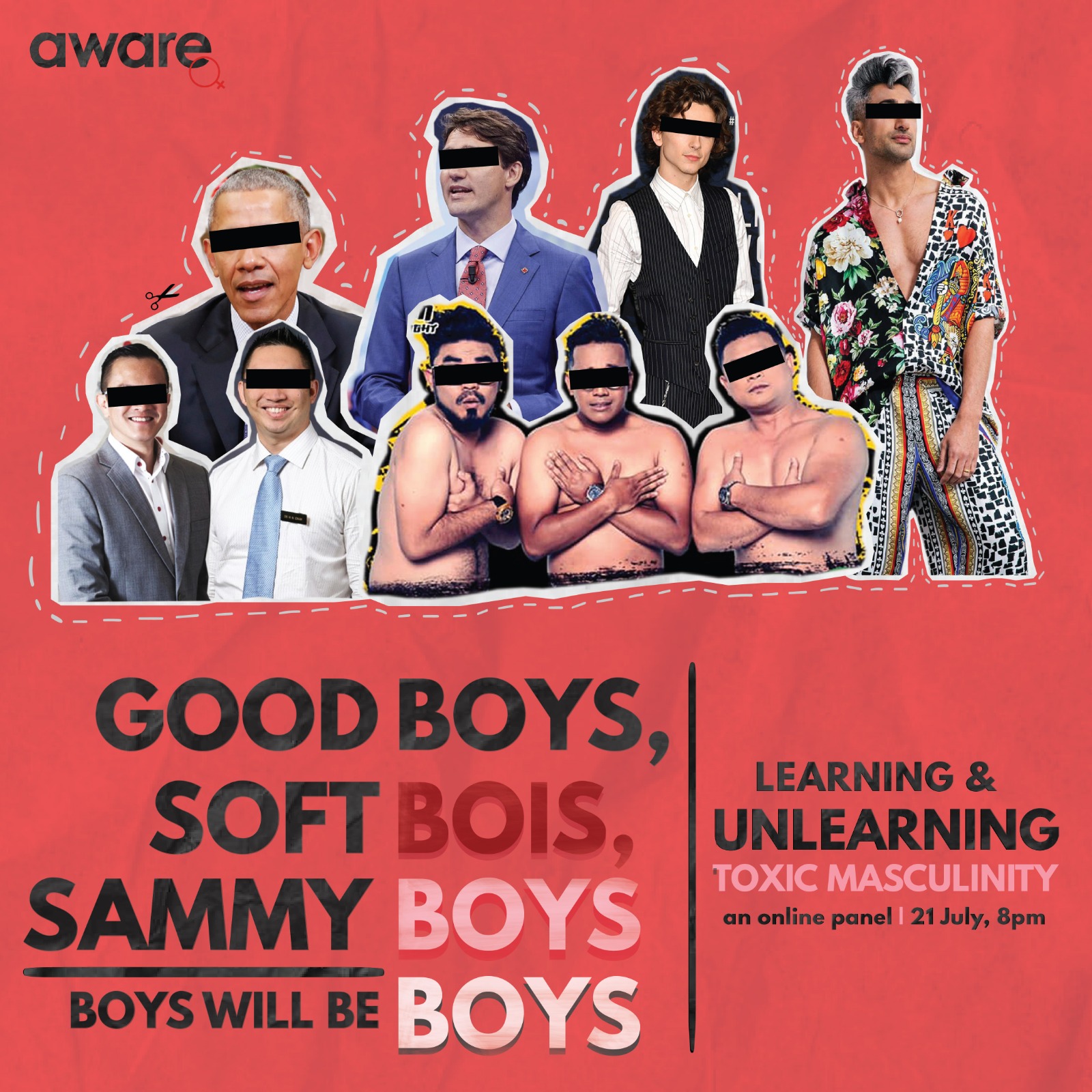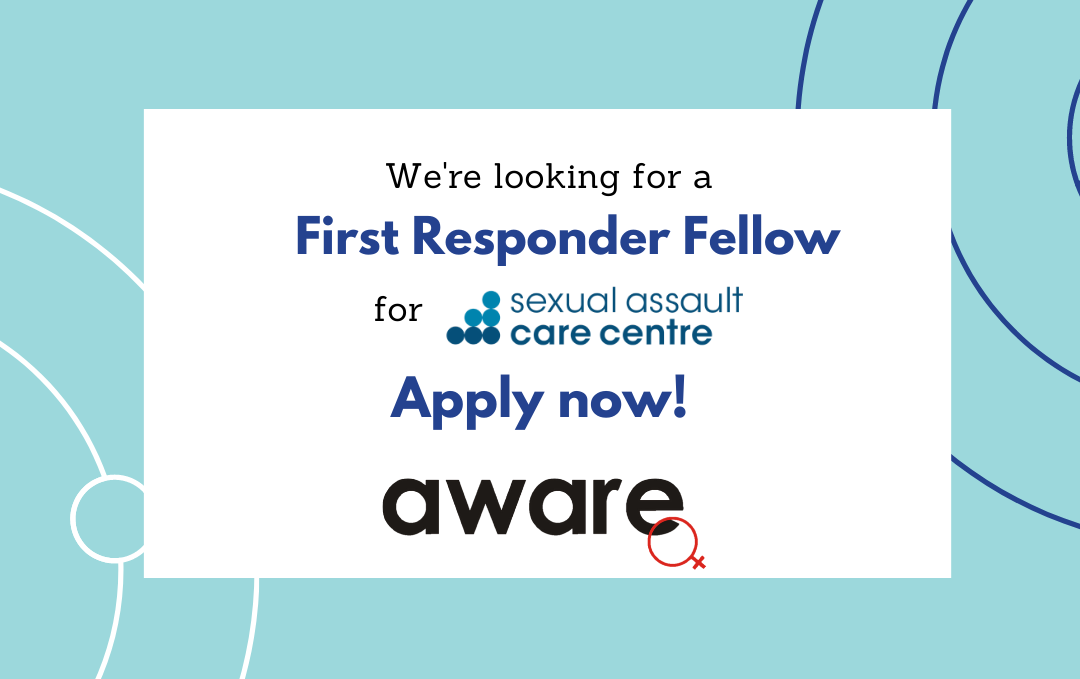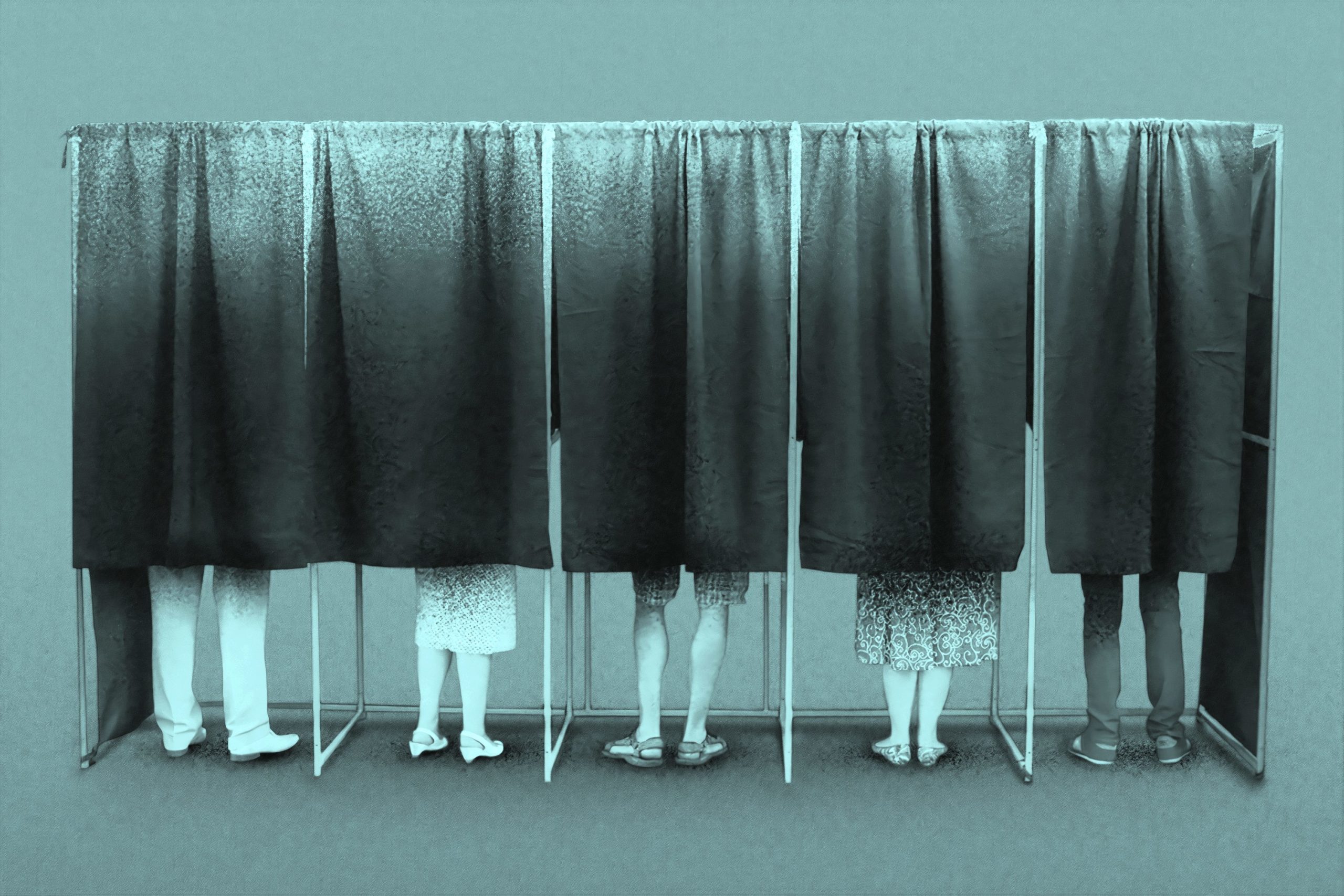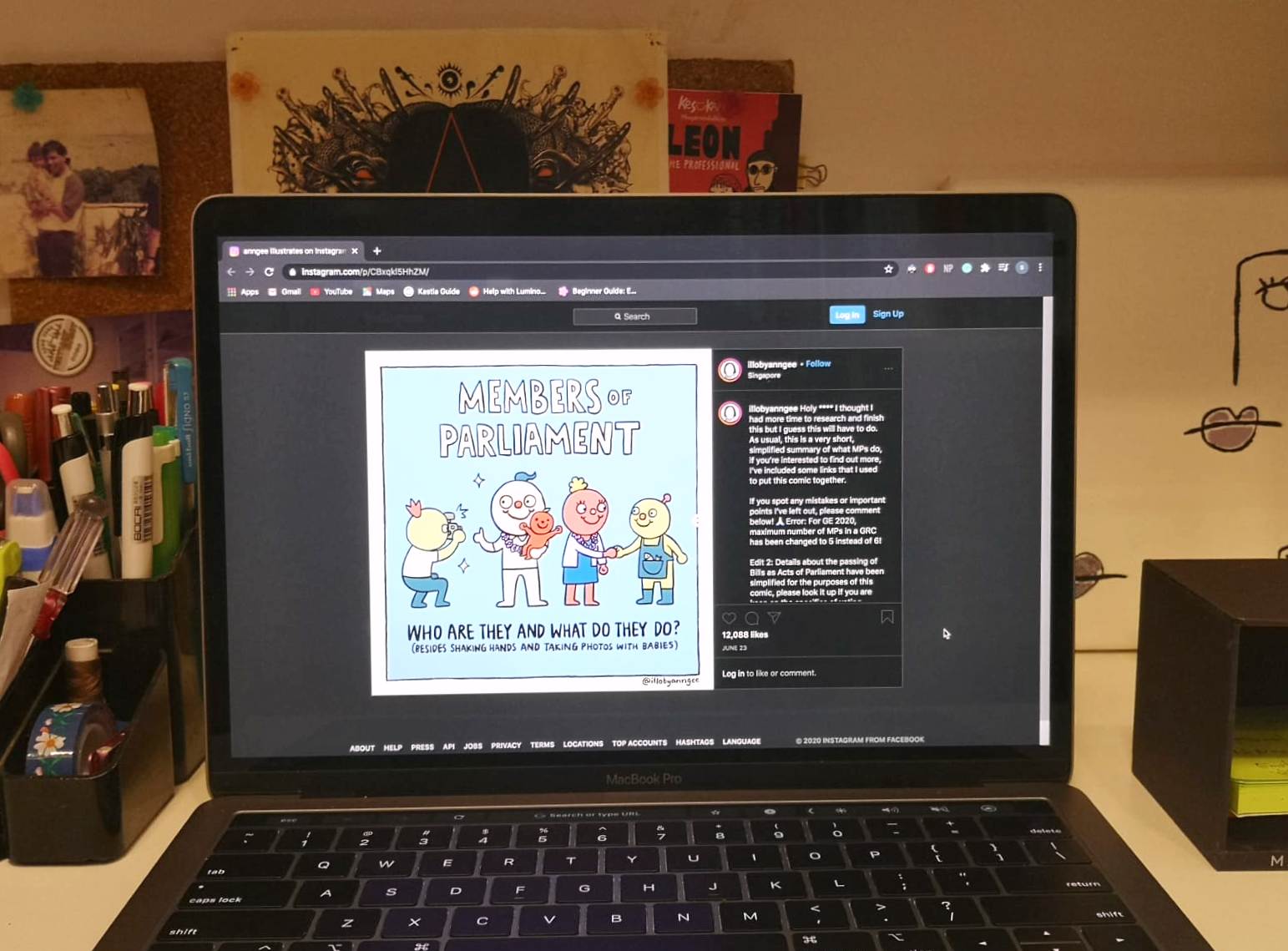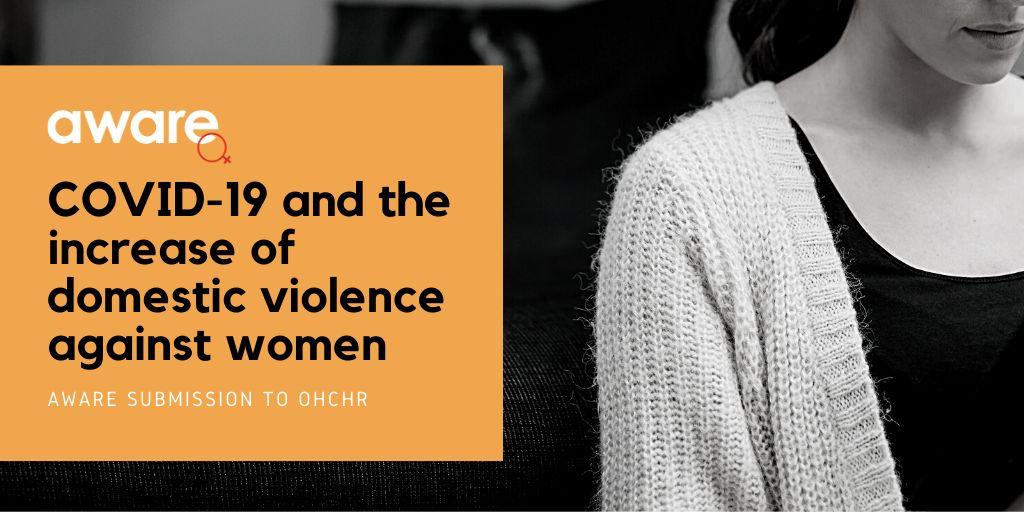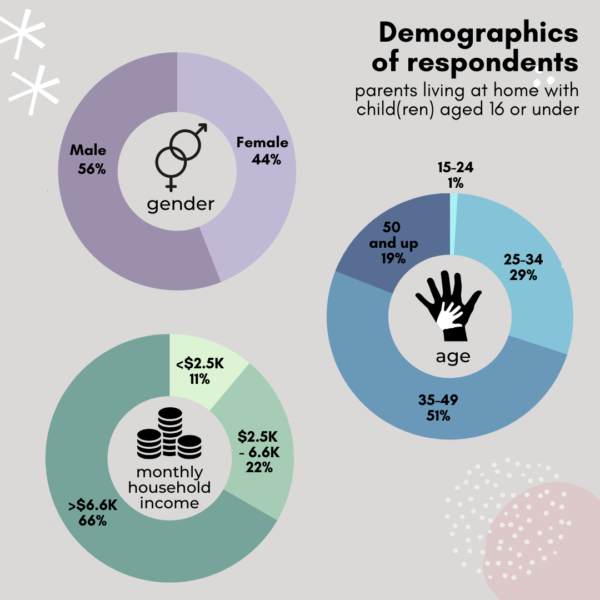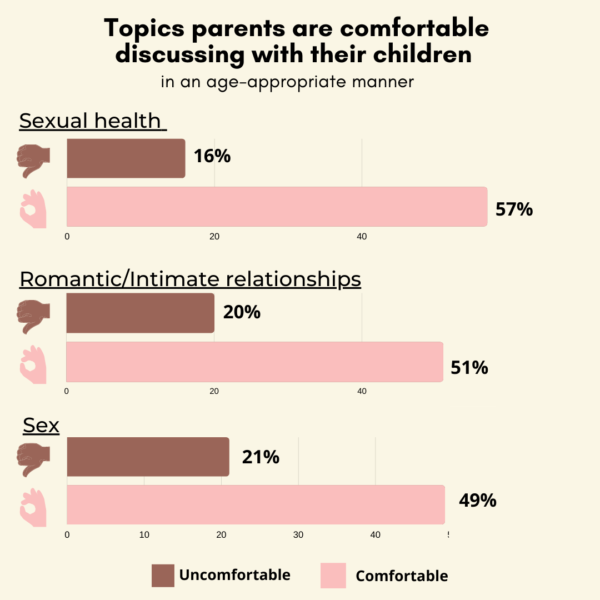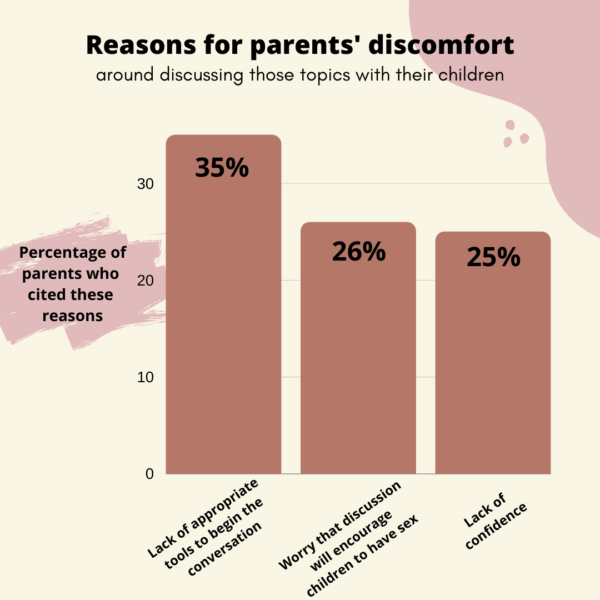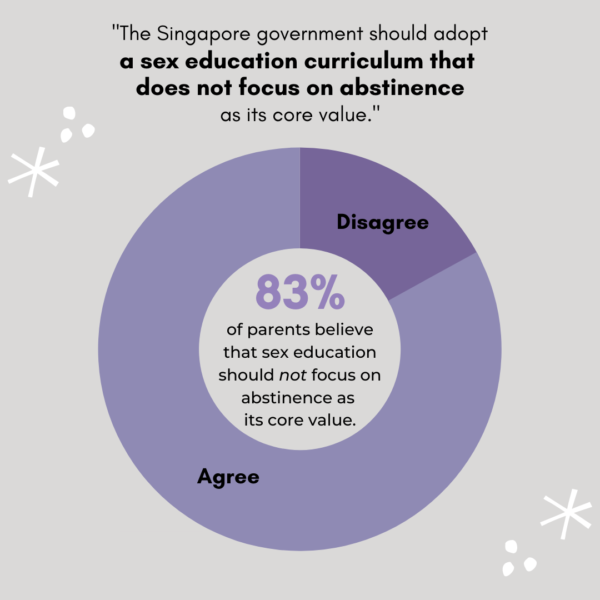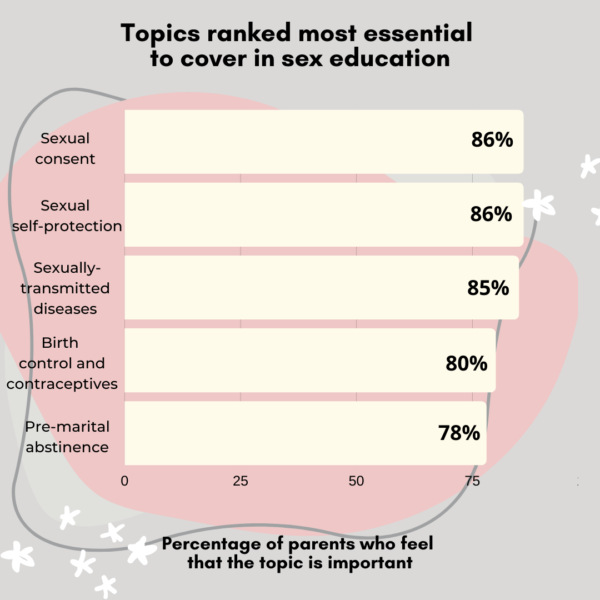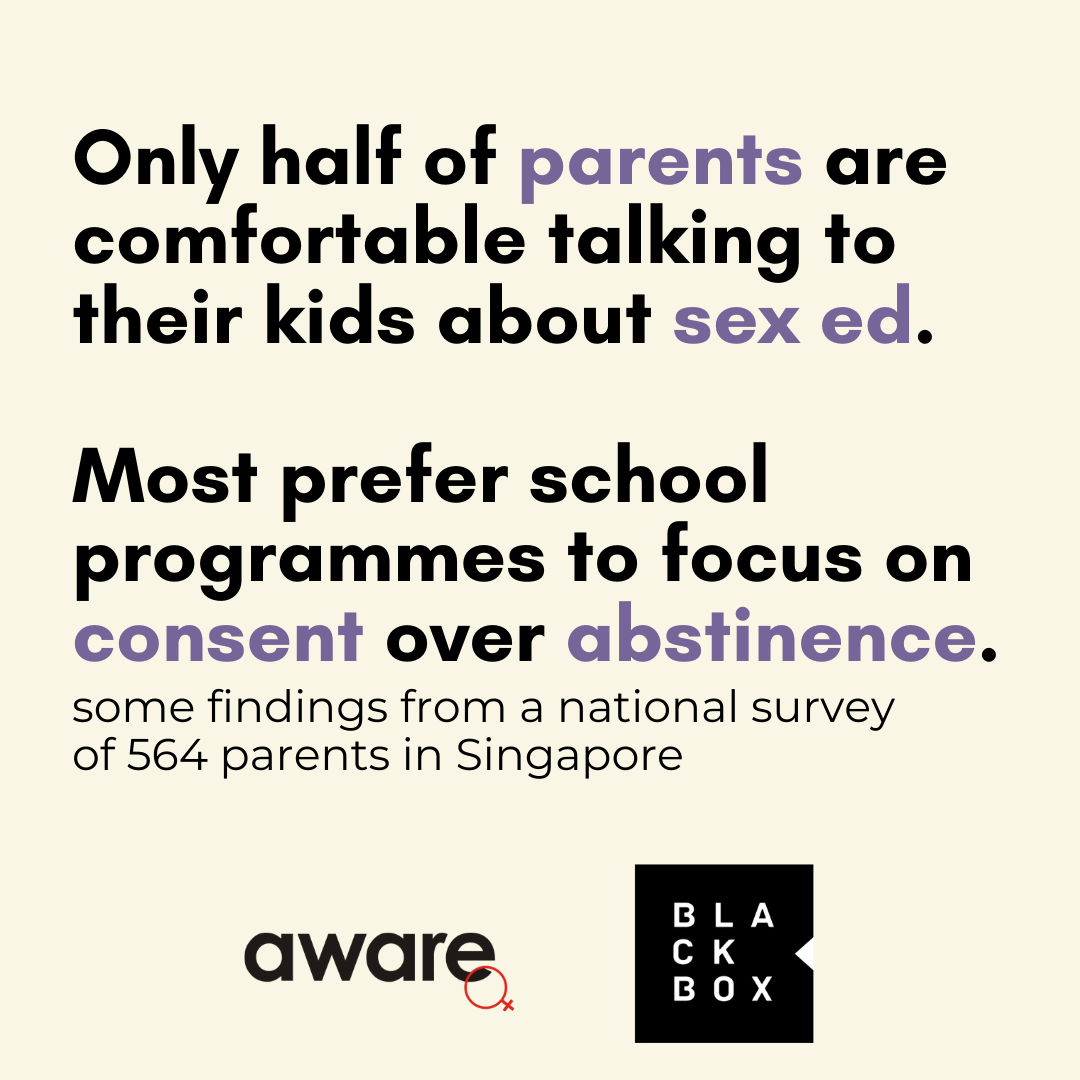
This post was originally published as a press release on 1 July 2020.
Parents in Singapore believe that they should bear the primary responsibility of teaching sexuality education to their children—yet at the same time, many lack the tools, comfort level and confidence to do this.
This was a key finding in a new survey by independent research agency Blackbox and gender-equality organisation AWARE, aimed at exploring parents’ views on sex education in Singapore. Blackbox and AWARE surveyed 564 respondents between 13 to 20 January and 10 to 14 February 2020. The result is the first nationally representative survey of parents on sex education conducted in Singapore in over a decade.*
Who should teach sexuality education?
Almost all parents surveyed (95%) agreed that both themselves and their children’s schools have a role to play in sex education. In line with statements made by the Ministry of Education (MOE), most parents believe that the task primarily should fall to them, with almost 70% ranking “parents” as the best persons to give sex education, and 13% ranking “school teachers” as the best. (That said, despite acknowledging the importance of their role, almost one in four parents—24%—admitted to being uninformed about what is taught during sex education in schools.)
Ms Shailey Hingorani, Head of Research and Advocacy at AWARE, pointed out that while parents feel comfortable discussing sexuality, their children might actually perceive a lack of parental support or encouragement on these issues. She cited a 2018 survey AWARE conducted with Ngee Ann Polytechnic of almost 800 young persons (16-25 years old) about their perceptions relating to sexuality. Majority of the young respondents had rarely, or never, discussed sexual topics with their parents.
“Close to 70% believed that their parents were rarely interested in their thoughts on sexual matters, or did not know if their parents were interested,” said Ms Hingorani. “This speaks to a gulf in communication and understanding, which may prevent parents from being able to sufficiently correct misconceptions and share their values with kids.”
Only one in five parents (21%) ranked “religious instructors” among their top three choices for informing their children on topics of sex, sexual health and sexual well-being.
What are parents comfortable discussing?
Parents were asked if they were comfortable discussing the following topics with their children in an age-appropriate manner: (a) sexual health, (b) intimate relationships and (c) sex. The highest percentage of parents were comfortable discussing topics of sexual health (57%) with their children, followed by romantic and intimate relationships (51%), with sex coming in last (49%).
For those uncomfortable discussing these topics, reasons given included embarrassment or a lack of confidence (25%), a lack of the appropriate tools to begin the conversation (35%) and the worry that the discussion would encourage their children to have sex (26%).
“It’s worrying that only around half of parents feel comfortable discussing these core topics with their children,” said Ms Hingorani. “Yet we know that some parents are proactively looking to overcome their embarrassment and pick up the right tools for this important job. At AWARE’s Birds & Bees workshops for parents, we’ve trained around 90 parents to date on effective communication with their children, about these subjects and more.”
She added, “We are also glad to find that almost three-quarters of parents do not associate discussing sex with their children wanting to try it. After all, comprehensive sexuality education, which presents information in a factual rather than moralistic or alarmist manner, has been found to produce the outcomes that most parents desire: Youths start having sex at a later age, have fewer sexual partners, use condoms more consistently and contract sexually transmitted infections less often.”
What should sexuality education cover?
Parents were asked to rank the topics they felt were most important to cover in sex education curriculums. The top ranked were sexual consent and sexual self-protection (both 86%). This was closely followed by sexually transmitted diseases (85%), then birth control and contraceptives (80%), then premarital abstinence (78%).
“We wholeheartedly agree with the survey respondents in the importance of teaching consent, even at a young age,” remarked Ms Hingorani. “We should remember, too, that the concept of consent is so much more than just a black-and-white ‘no means no’. Young people find themselves in real-life dynamics that are complex and nuanced. Effective consent education should take into account these real-life circumstances, which include peer pressure, hormonal changes and assimilated gender norms.”
Ms Hingorani said she hopes that MOE will find this survey informative in designing future sexuality education programmes.
“MOE, rightfully, pays heed to parents’ wishes in its decision-making. The Ministry has already taken some steps in the right direction, tweaking its curriculum to focus less on anachronous and unrealistic concepts such as abstinence. We hope it continues on this path and considers the more pragmatic and fact-driven perspective revealed by this survey—one that reflects a modern society’s values.”
David Black, founder and CEO of Blackbox, agreed on the need for parents and schools to be aligned when it comes to sex education.
“The findings clearly show that modern parents understand that sex education today has various dimensions, and that their children need to get guidance both at home and at school. Social attitudes are always evolving and it’s crucial that parents both understand and feel comfortable with what their children are learning outside the home. This will help them to better shape their own one-on-one conversations without fear of sounding contradictory or out of step.”
* The last national survey on parents’ communication with children about sex education known to the researchers was conducted in 2008-2009.
About AWARE
AWARE is Singapore’s leading women’s rights and gender-equality advocacy group. It works to identify and eliminate gender-based barriers through research, advocacy, education, training and support services. AWARE embraces diversity, respects the individual and the choices she makes in life, and supports her when needed. aware.org.sg
About Blackbox
Blackbox Research is one of Asia’s leading data content specialists, and a fully independent social research agency. Blackbox specialises in data content and provides research and affiliated data-plus communications services for business, governments and non-governmental organisation clients across Asia. In Singapore, Blackbox Research is recognised as the “go-to” agency for community and policy insights, and enjoys a strong reputation as a reliable provider of insights on current issues and topics impacting societies across Southeast Asia. Blackbox also has expanded its reach across the region, covering all markets across Southeast Asia as well as China, India, and the greater East Asia region. blackbox.com.sg
Contact
Chris Koh, Head of Communications, Blackbox Research | +65 9765 4388 | chris@blackbox.com.sg
Kelly Leow, Communications Manager, AWARE | +65 6779 7137 | media@aware.org.sg
Annex
